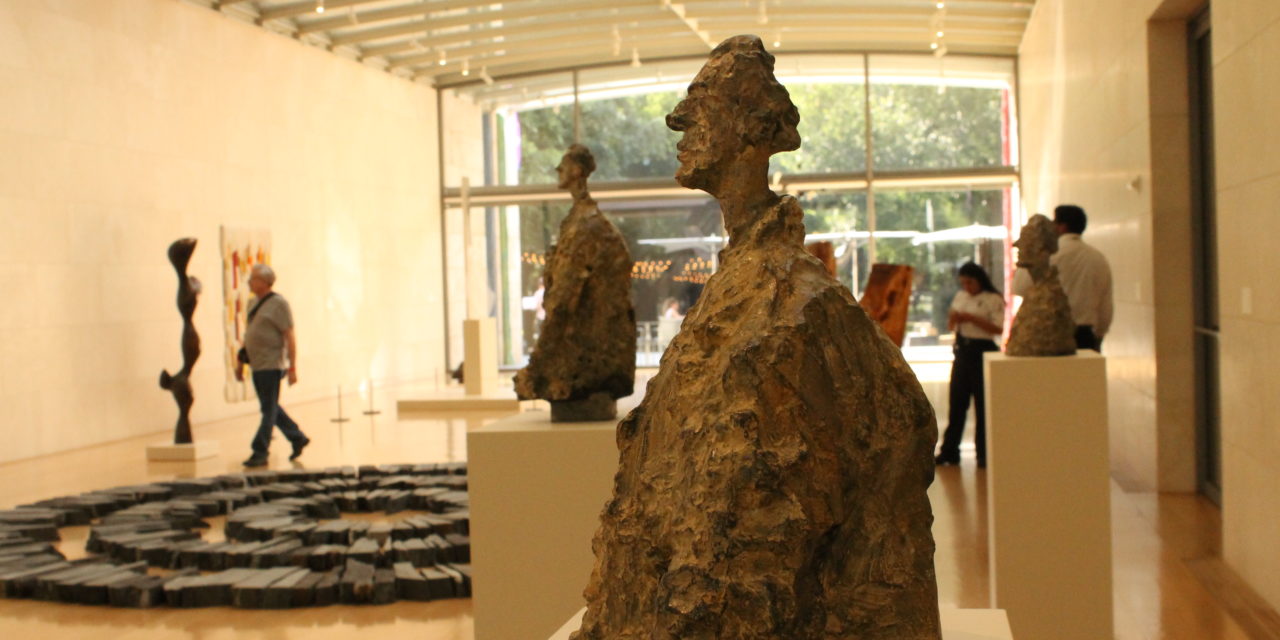The Nasher Sculpture Center was one of the Downtown institutions vandalized during the upheaval in the past few days, but you wouldn’t know if reading the statement issued by Jeremy Strick, the museum’s director. In an impassioned and cogent release about social justice. he makes it clear that brutality, fascism and the subjugation of an entire segment of society are far worse than property damage. Read on.
— Arnold Wayne Jones
Dear friends,
No decent person can view the video of the killing of George Floyd without feeling pain, revulsion, and anger. And yet, what inspires greatest outrage is the knowledge that, but for the fact of its being recorded on video, this murder would have been committed with impunity, like the countless murders and acts of violence committed against African Americans and other peoples of color from the earliest years of our nation’s history to the present day.
Over the past weekend, places around the nation were damaged, and while we regret the damage, we acknowledge that this incident pales to insignificance when placed in the context of an overwhelming and ongoing history of institutionalized racial violence, inequality, injustice. Too often in moments of civil unrest, calls for social improvement are joined to condemnation of acts of civil and uncivil disobedience, an apparent even-handedness that represents a false and pernicious equivalence. These occasional outbursts of destruction, however lamentable and misdirected, cannot be compared to the grinding history of subjugation to which they respond. At the Nasher, as much as we hope for the cessation of violence and a return to peace, we recognize that peace without justice is no peace at all.
Art museums are not at the core of our nation’s ills, and indeed they perform great good. But museums, like all institutions, cannot be separated from, and indeed derive benefit from the same social structures that have used institutionalized violence against people of color as the tip of their spear. While over the years the Nasher has taken measures to increase diversity, equity, and inclusion, we have not done enough.
Going forward, we will strive to do more and do better, inside and outside our walls, advancing diversification of staff and programs and enriching outreach, while providing a forum for voices from the community and activating our channels of communication to advocate for change. Out of this moment of grief and pain will come new resolve to right a multitude of wrongs, and the actions to do so.
With dedication, Jeremy Strick, Director

